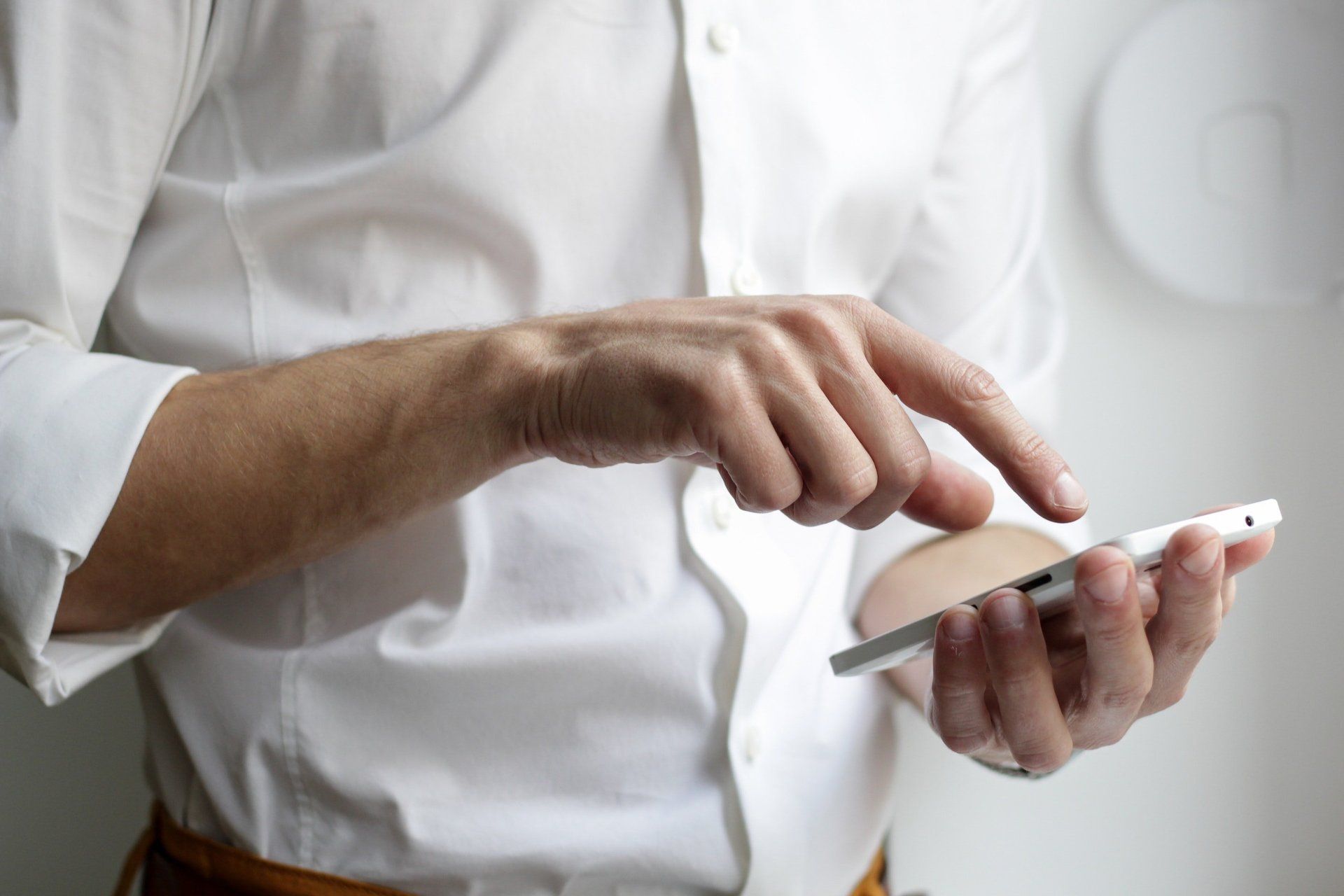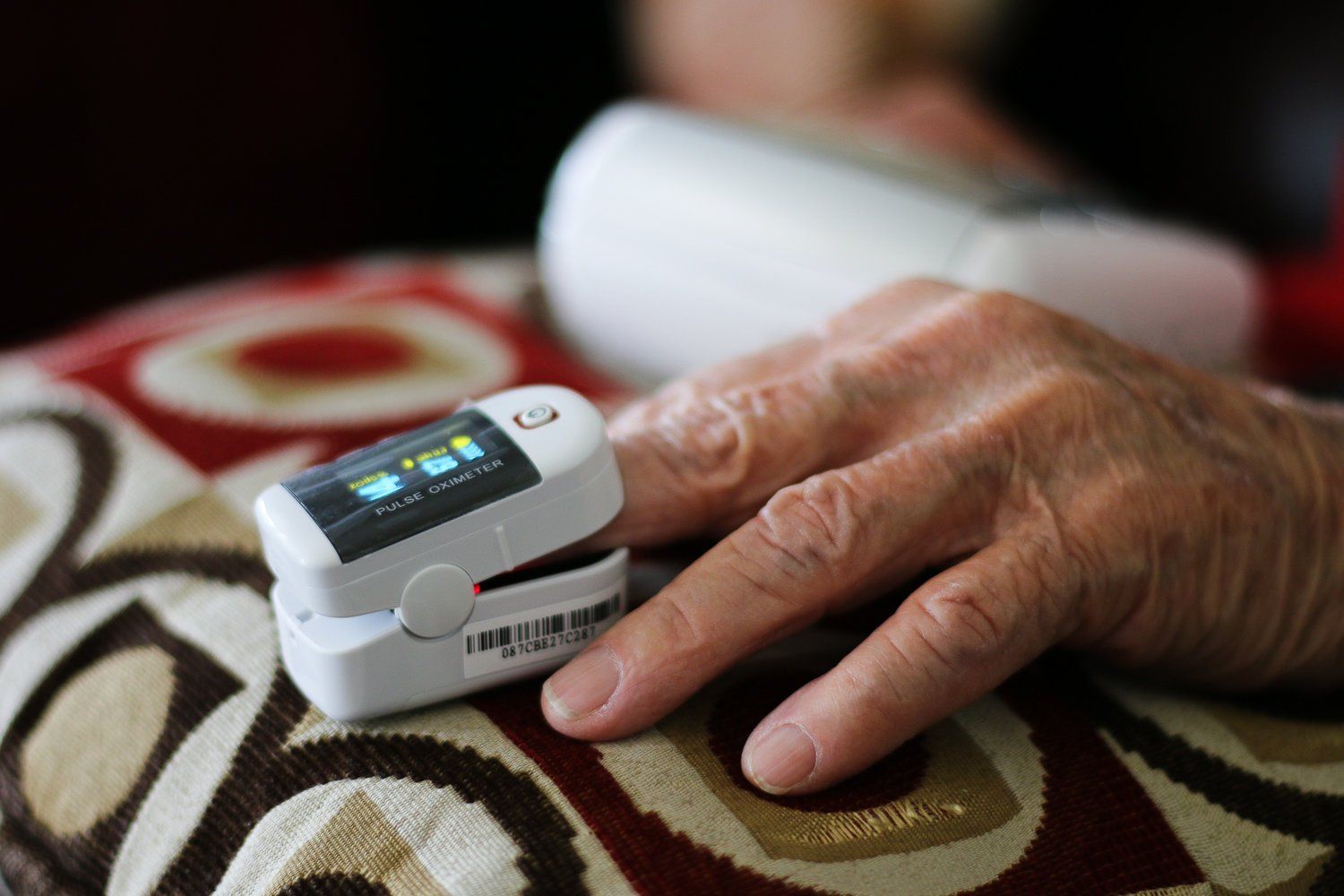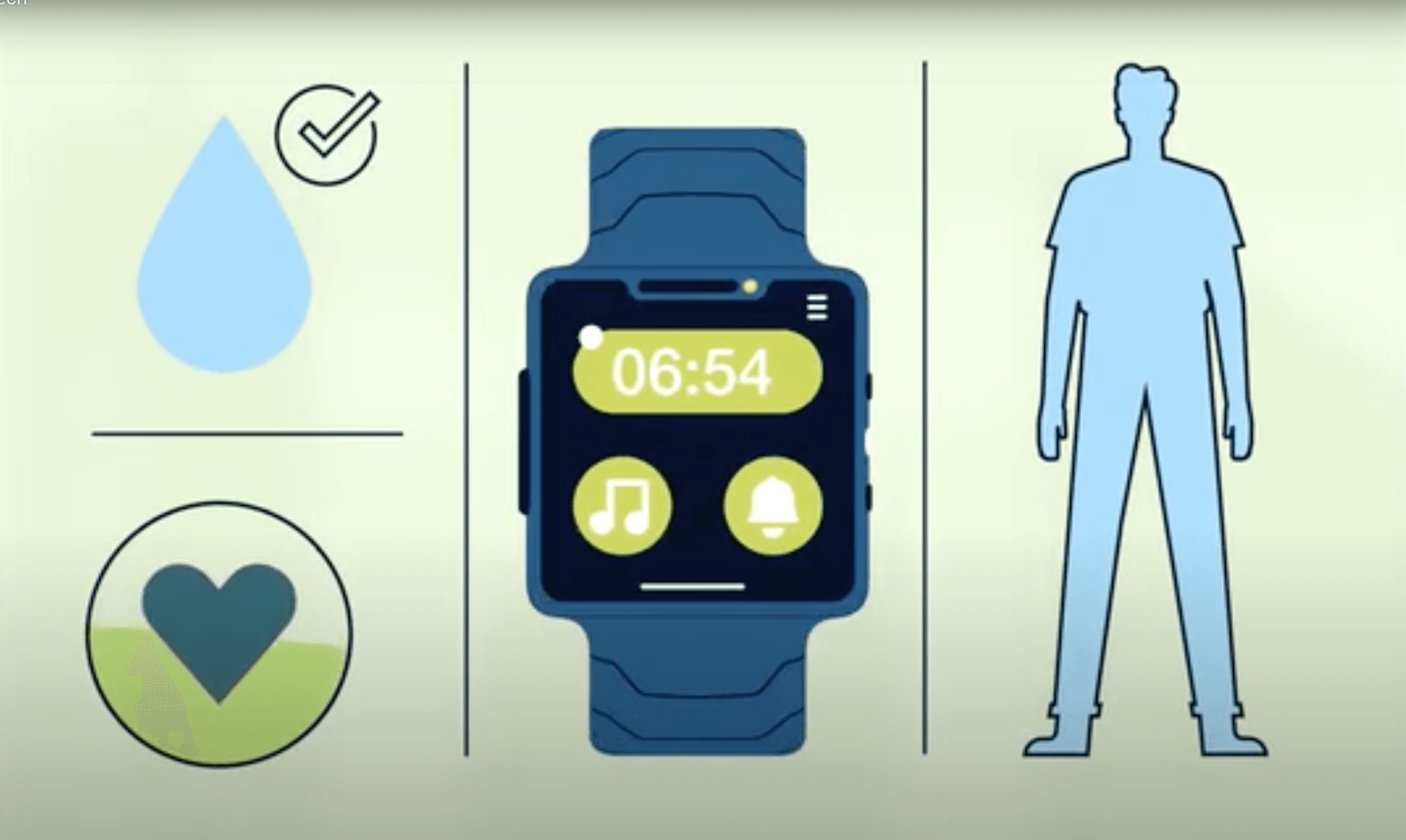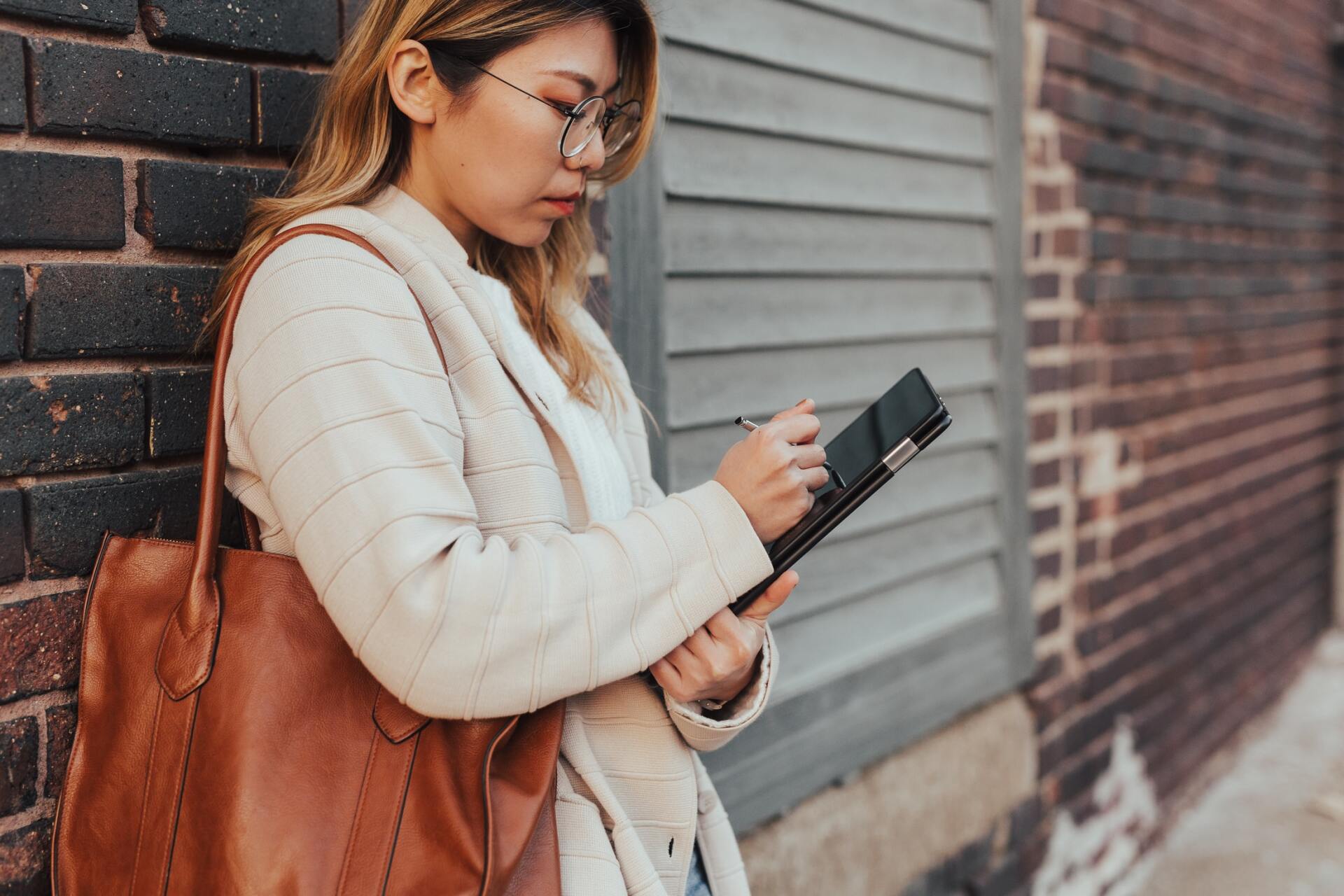Dr. Anthony Fauci urges young people to take COVID-19 seriously: 'You're propagating a pandemic' - VIDEO
Berkeley Lovelace Jr, Noah Higgins-Dunn • July 18, 2020
Dr. Anthony Fauci urges young people to take COVID-19 seriously: 'You're propagating a pandemic'.
White House coronavirus advisor Dr. Anthony Fauci urged young Americans to not take the coronavirus lightly, saying doing so could propagate the pandemic.
“You have to have responsibility for yourself but also a societal responsibility that you’re getting infected is not just you in a vacuum. You’re propagating the pandemic,” Fauci, director of the National Institute of Allergy and Infectious Diseases, told Facebook CEO Mark Zuckerberg in an interview Thursday evening.
The comment by Fauci came as state health officials say more young people are ignoring social distancing measures and contracting the virus at a higher rate. Fauci said the average age of a new Covid-19 patient has dropped by 15 years since the beginning of the pandemic in the U.S.
Vice President Mike Pence warned last month that roughly half of the new cases in the U.S. were people under the age of 35, particularly in Florida and Texas.
Fauci said young people at bars enjoying themselves is “totally understandable.” But he warned that young people who are asymptomatic, who never develop symptoms, can also pass the virus on to others.
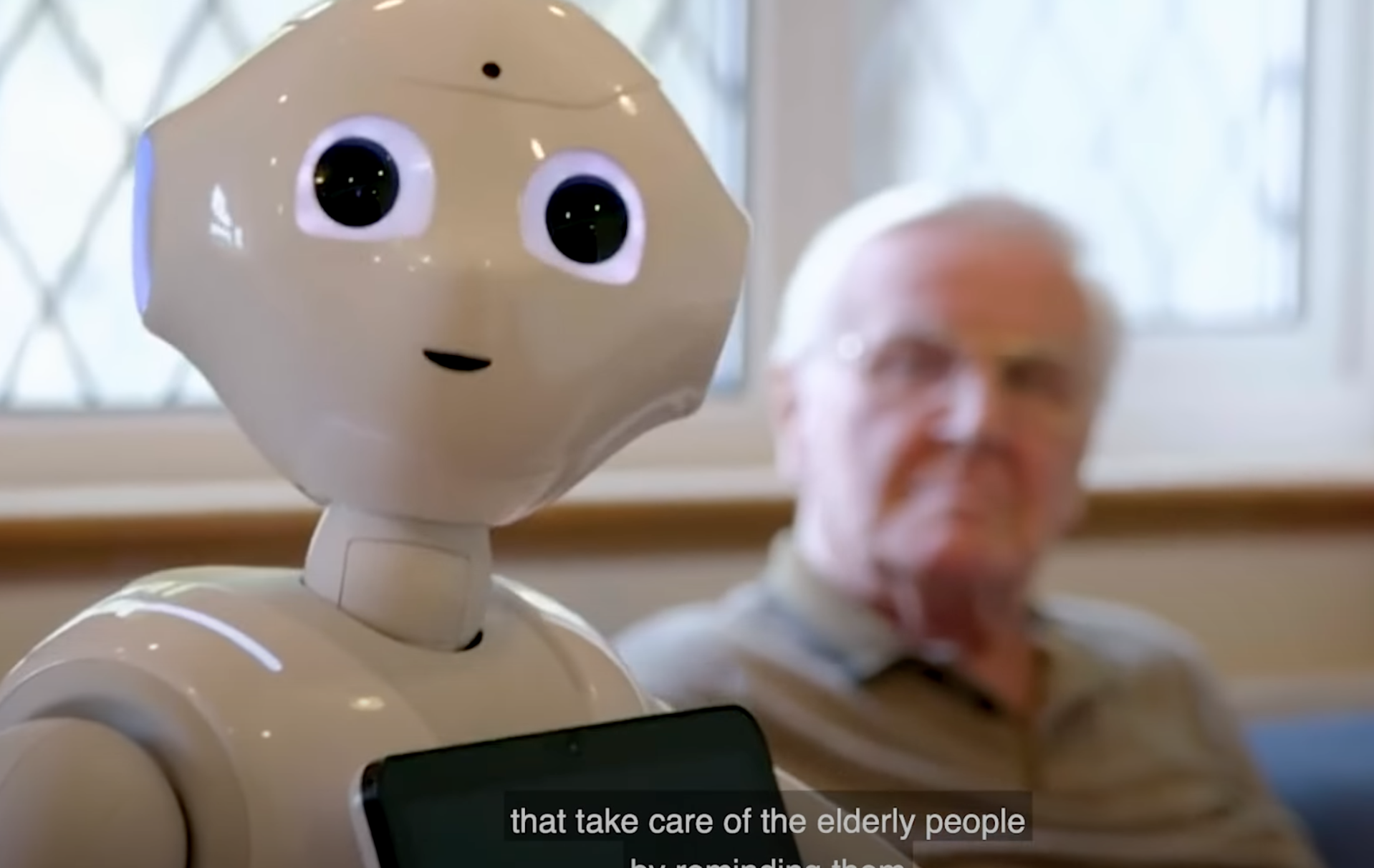
The weakness of the present healthcare system revealed by the Covid-19 crisis, along with the rise in chronic diseases associated with lifestyle changes and a rapidly aging population worldwide will shape the future of healthcare. Next-Generation Research Analyst Dr. Damien Ng took a close look at recent developments in digital healthcare, genomics, and extended longevity.
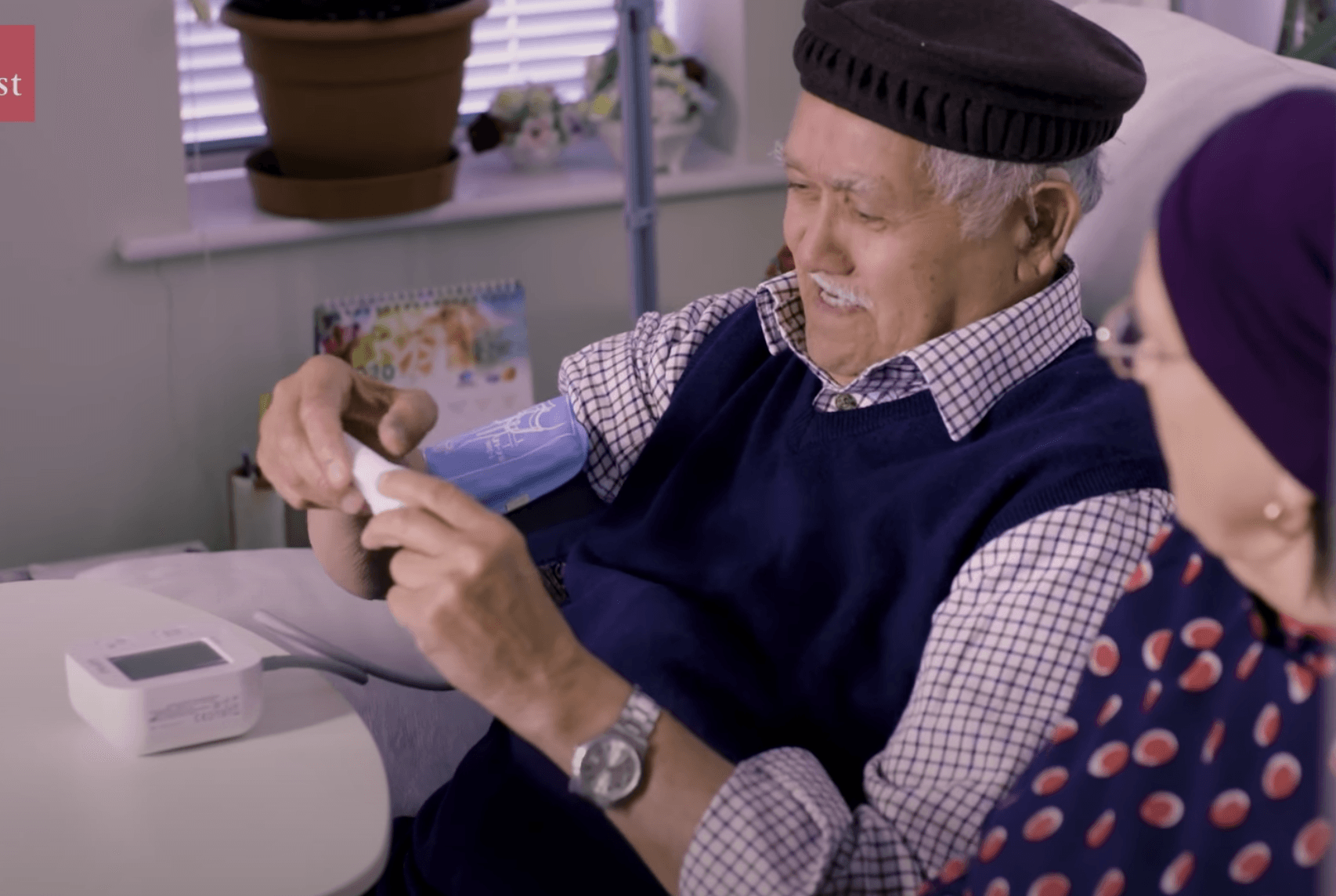
The COVID-19 pandemic has affected many elderly from receiving proper care. It has further highlighted problems faced by the elderly with dementia and chronic diseases
In this video presented by The Economist, watch how COVID-19 pandemic has impacted the elderly and how we can strive to improve the efficiency for elderly and chronic care with the rise of remote patient monitoring technology.

Improvements in technology and changes to insurance reimbursement rulings have helped increase the acceptance of telemedicine. Without it, doctors and therapists wouldn’t be able to connect with patients as easily, especially during the pandemic.
As telemedicine has become widespread, professionals and patients have grown more comfortable connecting virtually. Telemedicine isn’t meant to take the place of face-to-face visits. While it does have some disadvantages, which we’ll get into later, its benefits are undeniable.
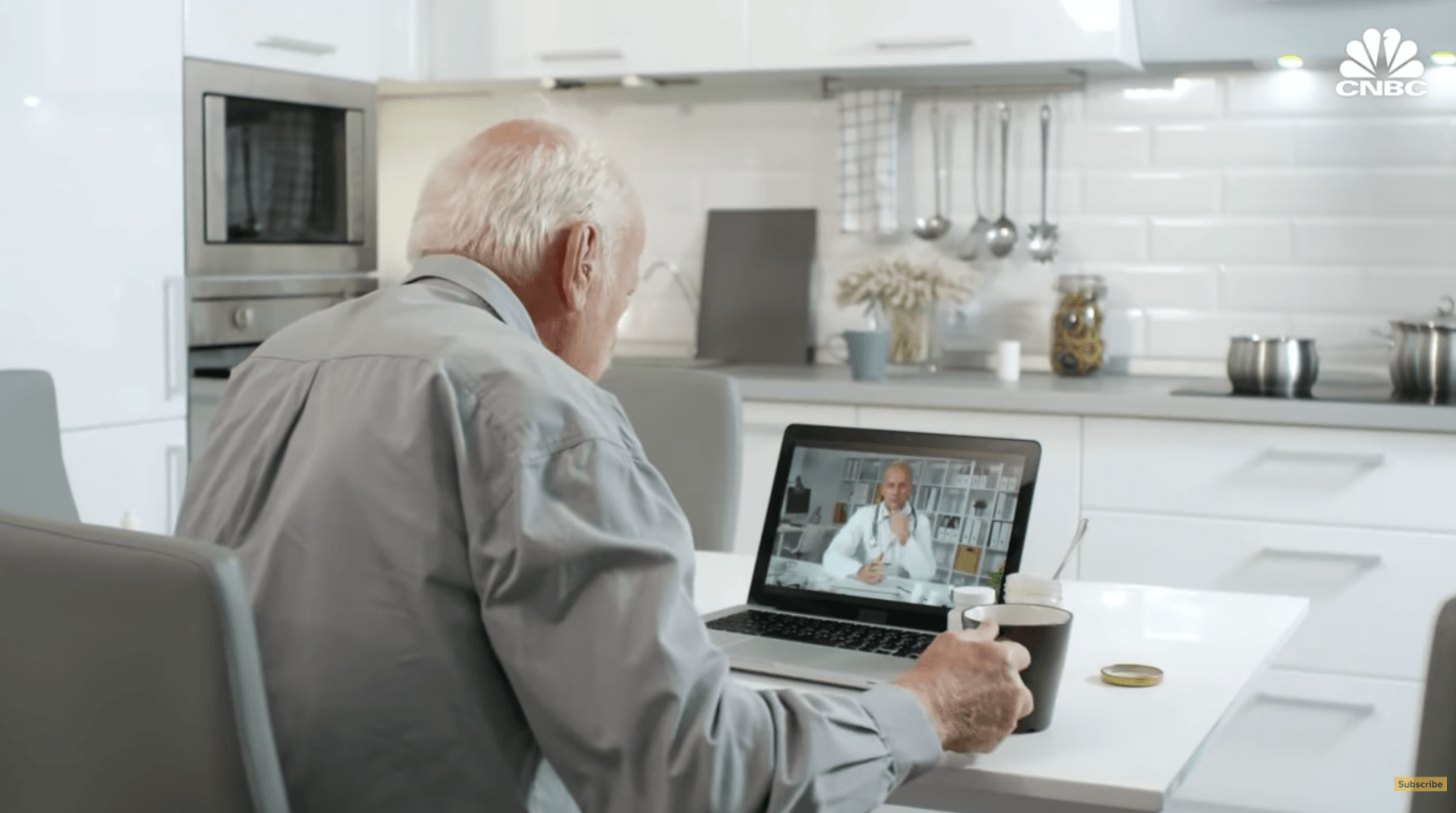
Telemedicine termed a 'silver lining' of the coronavirus pandemic. This time, it might just be true.
Telehealth use surged from 8% of Americans in December to 29% in May as primary care, mental health and specialists turned to remote care out of necessity during the COVID-19 pandemic, according to a UnitedHealth Group report.
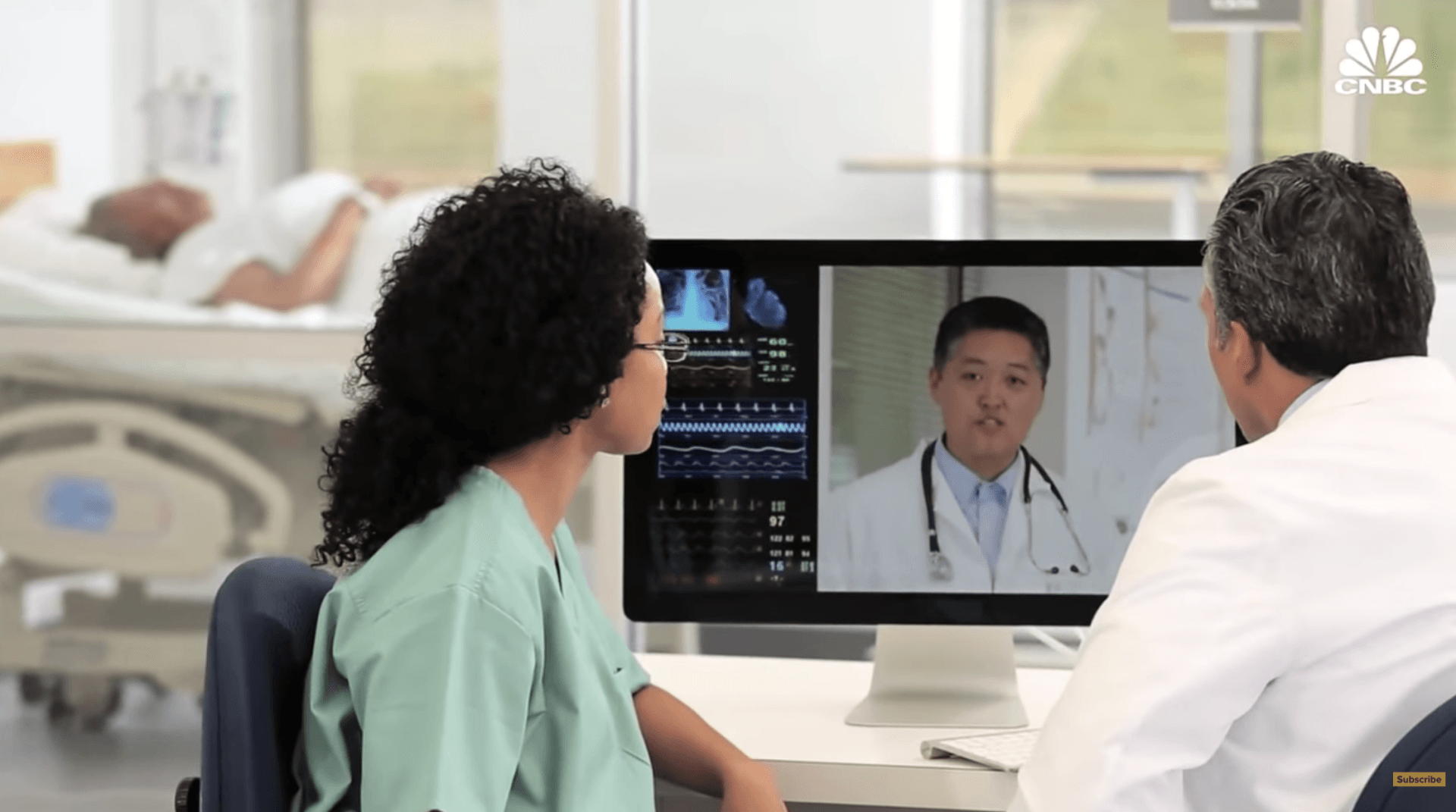
Cleveland Clinic in Ohio predicts within 5 years, half of the outpatient visits in the U.S. will be virtual. Dr. Jessica Bender, clinical instructor of medicine at University of Washington states "After the pandemic is over, Telehealth will be here to stay and people won't want to go back to only in-person visits. People will want the option of telehealth visits as well. This cannot replace the entire healthcare system as people will still need to come in for their pap smears and exams, but I think people will find a preference for this. They won't have to take off a day from work or free buses to travel to the doctor's office or find child care."


